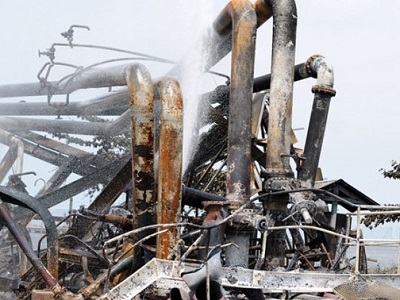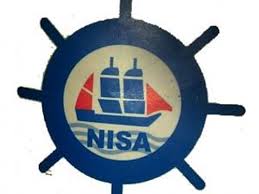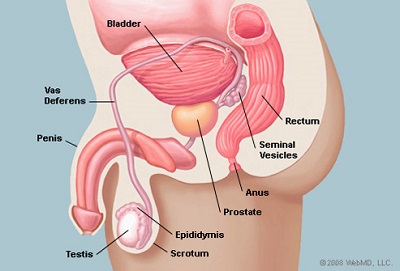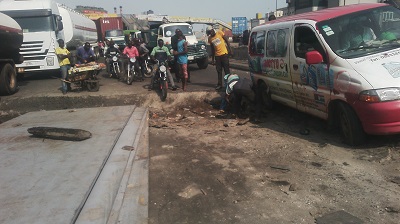Managing Pipeline Vandalism In Nigeria

As the Nigerian National Petroleum Corporation (NNPC) revealed last week that only 38 percent of the over 5,120 kilometre owned by the state oil company is functioning, ithas become more glaring that the downstream infrastructure challenges in the country have become unbearable.
Although the Group Managing Director, NNPC, Mele Kyari, while admitting that pipelines remained the safest way to move crude oil and products, said the Corporation has struggled to efficiently operate the facilities over the past two decades; the overt truth is that pipeline vandalism has been one of the biggest threats.
Speaking at Energy & Corporate Africa-organised forum on, “Next Level: Critical Pipeline Infrastructure and Promoting Gas Utilisation Option Post Cover-19,” he said persistent vandalism remained the biggest challenge of the infrastructure with recurring product losses.
Kyari, who was represented by the Managing Director, Nigerian Pipeline and Storage Limited, Ada Oyetunde, noted that dearth of investment, accelerated deterioration, and lack of investment in technology to secure the pipeline are critical barriers to the development of the downstream infrastructure.
“Currently about 38 per cent of the pipeline system is operational,” he stated, adding that with the mandate to overhaul the refineries to 90 per cent capacity, there was a need to improve the pipelines.
He also argued that pipelines, depots and terminal infrastructure are being revamped across Nigeria with some of the projects on the verge of tendering, adding that build, operate and transfer (BOT) model is being used to resuscitate most of the assets in the face of dwindling revenue and economic challenges.
The new pipelines being designed would come with holistic monitoring technology, including supervisory control and data acquisition systems and other technologies to detect intrusion and leaks as well clear right-of-way and smart fencing.
Vandalisation of petroleum pipelines is a major cause of pipeline fire disasters. However, except the number of deaths recorded, little information of the effects of such disasters on the environment is often reported and the post-disaster remediation process is thus usually unmonitored or ineffective.
Rising cases of pipeline vandalism by unknown persons have significantly affected sources of revenues of government and oil companies operating in Nigeria. This has resulted in significant negative socioeconomic and environmental problems in the community with serious effects on human lives and farm lands.
Although factors such as institutional weakness, lack of effective implementation of environmental laws were hypothesized as the causes of vandalism in Nigeria, however, a number of empirical researches claimed that institutional weakness, injustices, marginalisation and corruption, force people to fight for justice in a negative way.
In June this year, the Nigerian National Petroleum Corporation (NNPC), blamed pipeline vandalism, crude oil and petroleum products theft for the not-too-impressive performance of some of its subsidiaries and divisions as recorded in its recently-released audited financial statements.
In a note to the audited financial statements obtained from the NNPC, the corporation, however, noted that the significant increase in crude oil price in 2018, impacted positively on the financial performance of the majority of its subsidiaries.
The release of the 2018 Audited Financial Statements (AFS) of its 19 Strategic Business Units (SBUs) and a Corporate Services Unit (CSU), made it the first time in its history that the NNPC is making public its audited financial statement.
However, the NNPC said: “The continuous vandalism of NNPC pipelines resulted in an increased cost of pipeline maintenance alongside loss of crude oil and petroleum products.”
LEADERSHIP Sunday reports that vandalism of NNPC pipelines across the country rose by a phenomenal spike of 50 per cent in January 2020.







